Employment of space technologies for advancing the nation’s social, scientific and economic interests is gaining increasing importance in the 21st century. At the same time space security, which includes the security of space assets and the ability to use space for civilian and security purposes is also attracting increasing attention. During the last few decades the number of states investing in satellite technologies has grown. Today satellite technology is providing a wide array of services from mobile telephony to global navigation to disaster management.
The Armed Forces in various parts of the world have also begun to rely increasingly on space technologies. Particularly the 1991 Gulf War and subsequent military campaigns in various parts of the world have demonstrated the significance of space technologies for militaries. With the growing reliance of Armed Forces on space technology the concern about security of space assets is increasing. These concerns have been further fuelled by the anti satellite ASAT test undertaken by Chine in 2007.
As a space faring nation it is important for India to constantly monitor the rapidly changing global space order. This books is an attempt to analyse the ongoing trends in the space domain and emphasis the need for India to establish a comprehensive space strategy.
ABOUT THE AUTHOR Ajey Lele
Ajey Lele is an Indian Air Force officer currently working with IDSA as a Research Fellow. His research interests include: space security, strategic technologies and WMDs. He holds a PhD from School of international Studies, Jawaharlal Nehru University and has done his masters in Physics from Pune University. He has authored two books and published articles in various journals, newspapers and websites.
ABOUT THE AUTHOR Amitav Mallik
Professor Amitav Malik has been a research scientist since 1966 in various defence R & D laboratories in India. His pioneering work in the field of lasers has been instrument in India’s development of high power Lasers. Between 1975 and 1985 he was Professor of Opto-Electronics at the Institute of Armament Technology, Pune and later he initiated the high power laser work at the defence science Centre, Delhi in 1985. During 1988-19994 he was the ‘Adviser; Defence technology’ at the Indian Embassy in Washington, where he laid the foundation of US-India cooperation in high technology areas. In 1996 he became the Director of defence Science Centre, Delhi and founded the laser Science & Technology centre (LASTEC), Which crated path breaking successes in high power Lasers in India. Prof Mallik has written many technical and strategic analysis papers for the Ministry of Defence and thus contributed of defence and strategic planning in India. Prof mallik received the Padmashri award in 2002 fro his invaluable contributions. From 2003 to 2006 Prof Mallik served as member, national Security Advisory Board (NSAB) and he is currently with the observer research Foundation (ORF) Delhi as Adviser S&T to establish a think-tank capacity in the S&T field.
ABOUT THE AUTHOR Arvind Gupta
Shri Arvind Gupta, a member of the INdian foreign Service (IFS), is a Joint Secretary at the NSCS.

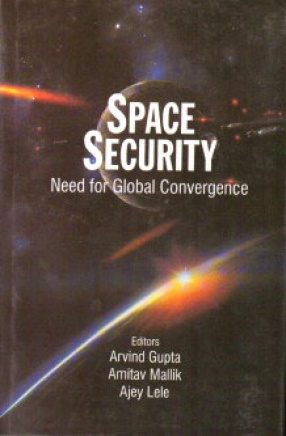
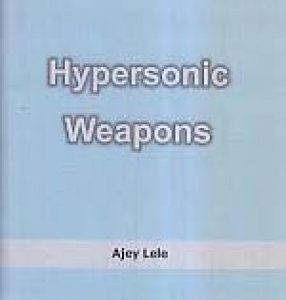
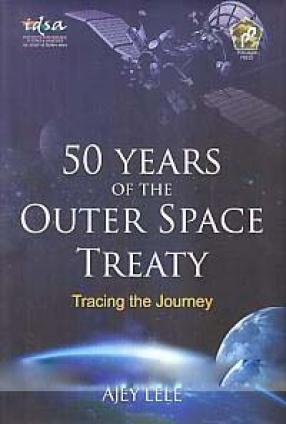
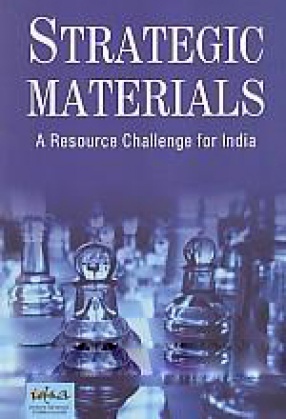
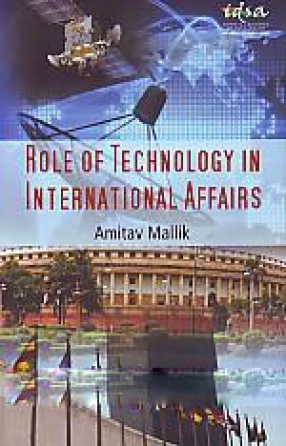
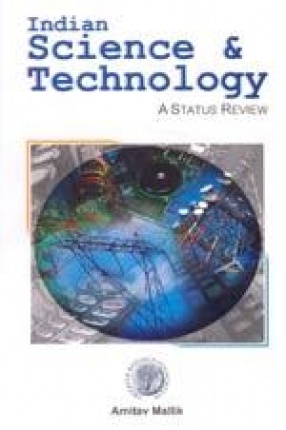

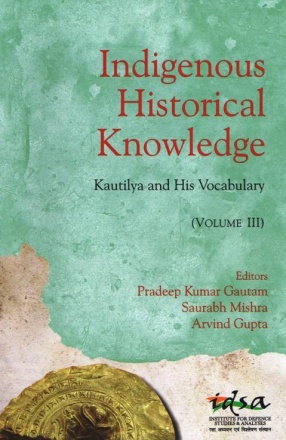
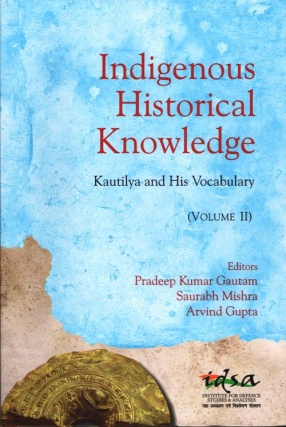
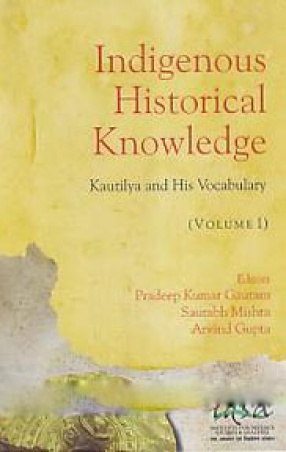
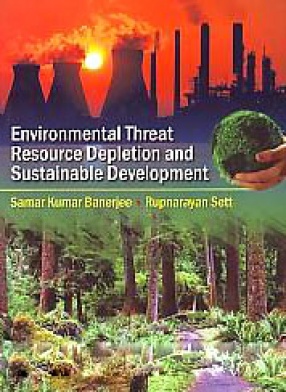
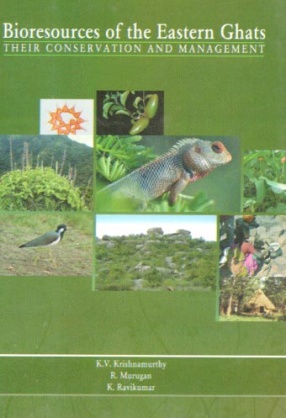

There are no reviews yet.